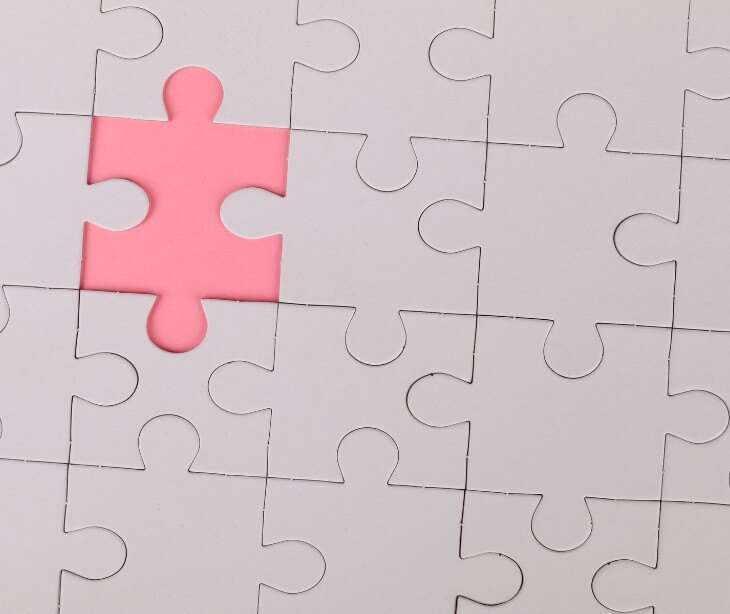%20-%202024-09-19T061054.988.jpg)
Informal caregiver networks are naturally formed groups of family, friends, and neighbors assisting in the care of a loved one in need of medical assistance. The development of these networks stems from a place of care and therefore is not regarded as stringently as other healthcare providers.
Creating informal caregiver networks
A study published in the Gerontological Society of America states, “A growing body of literature demonstrates that caregiving is a social process and commonly involves more than a single caregiver, especially for older adults.”
Informal caregiver networks typically emerge as family and close friends recognize the increasing needs of a loved one who can no longer manage basic daily tasks independently. As one person steps in to provide care, others often share responsibilities motivated mainly by emotional ties and a sense of duty.
These networks are informal due to the organic growth that stems from a relationship with the person in need of care. The networks are also often characterized by a lack of organization or traditional hierarchy seen in more professional caregiver organizations.
Does HIPAA apply to these networks?
HIPAA generally does not apply to these networks in the way it would to healthcare providers or formal care organizations. As the networks do commonly consist of family members and loved ones, there is an overlap in how data applies when communicated from providers, insurers, and other HIPAA covered entities to those within the network.
Healthcare providers must obtain a patient's consent or authorization before disclosing protected health information (PHI) to caregivers. There are also times when patients through written consent or power of attorney allow these caregivers to make informed medical decisions on their behalf.
If a patient is incapacitated or unable to give consent, HIPAA allows providers to share relevant PHI with informal caregivers if it is in the best interest of the patient. This sharing, because it occurs outside the scope of consent or authorization mentioned previously, focuses on the necessary information for caregiving following the minimum necessary standard.
How healthcare providers communicate safely with members of informal caregiver networks
- Obtain explicit consent or authorization before sharing any PHI with caregivers, including who can access their medical information, and what type of information can be shared.
- In emergency cases where the patient is incapacitated, only share the necessary information to manage the patient's immediate needs.
- Some patients have formally designated members of their caregiver network as authorized representatives through legal documents. Take note of this individual and ensure they remain the primary point of contact.
- Use HIPAA compliant communication channels like HIPAA compliant text messaging for short communications and reminders and HIPAA compliant email for lengthier, more official needs.
- When possible, communicate directly with the patient and allow them to share the necessary information with their caregiver.
FAQs
What is the difference between consent and authorization under HIPAA
Consent refers to a patient's general agreement to allow the use of their PHI for treatment, payment, or authorization. Authorization is specific written permission required for uses and disclosures beyond the core functions.
What is a power of attorney?
A legal document that grants someone the authority to make decisions on behalf of another person.
When is the minimum necessary standard not applicable?
It does not apply when sharing information for treatment purposes when the patients provide authorization or when disclosures are legally required.


.jpg)

%20-%202024-12-16T182920.624.jpg)